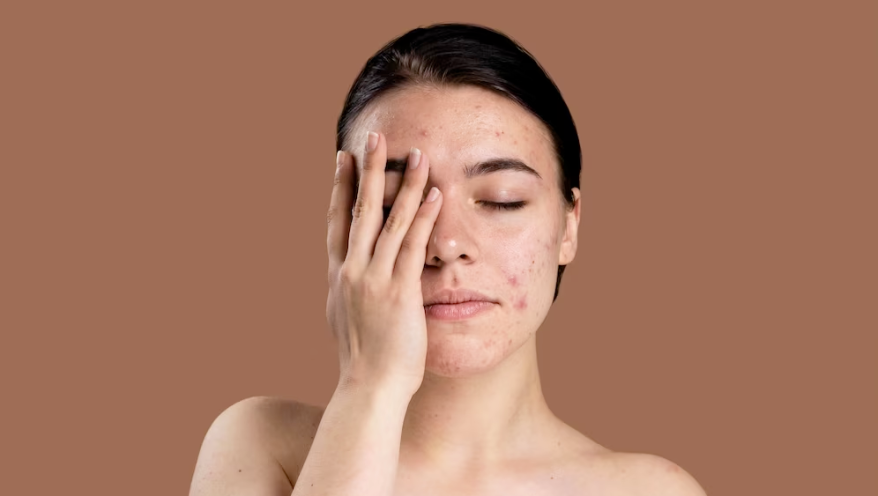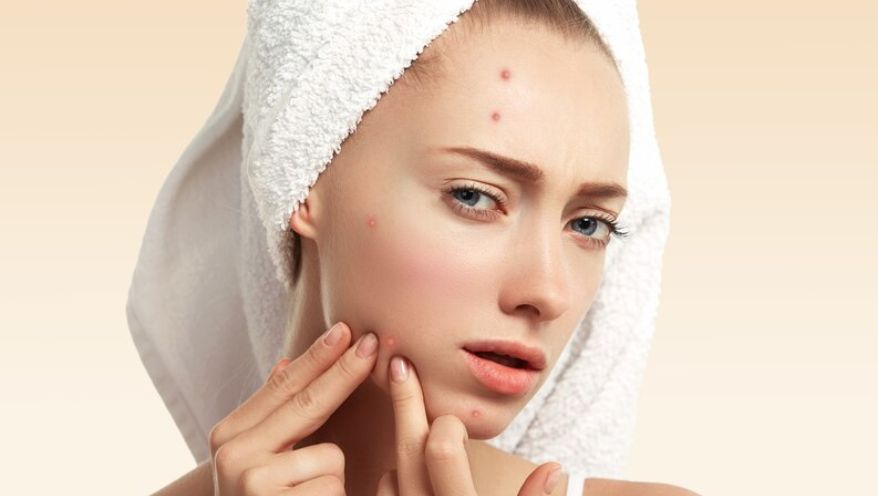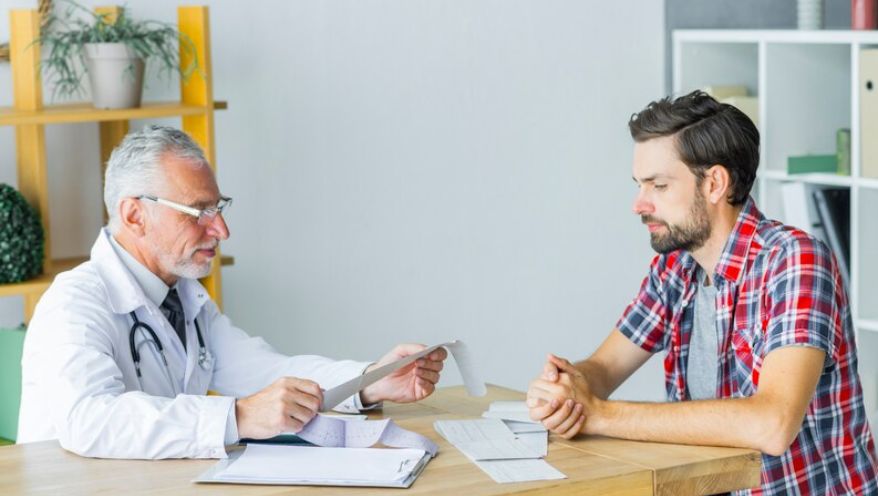Active Acne

Are you tired of battling those pesky pimples, painful cysts, and inflamed breakouts? Active acne can be a persistent and frustrating problem, but there’s a light at the end of the tunnel—literally! Laser treatments are gaining popularity as effective solutions for managing and reducing active acne.
Before we delve into laser treatments, let’s briefly understand what active acne is and what causes it. Acne is a common skin condition that can affect people of all ages. It occurs when hair follicles become clogged with oil and dead skin cells, leading to the formation of pimples, blackheads, whiteheads, and more severe lesions like cysts and nodules. Acne is primarily caused by:
- Excess Sebum Production: Overproduction of skin oil (sebum) can clog pores and create an ideal environment for acne-causing bacteria to thrive.
- Bacterial Overgrowth: The presence of Propionibacterium acnes (P. acnes) bacteria on the skin can exacerbate inflammation and breakouts.
- Inflammation: The body’s natural response to infection or injury can lead to redness, swelling, and painful, inflamed pimples.
What to Expect During Treatment
Before undergoing laser treatment for active acne, consult a dermatologist or a qualified skincare professional. They will assess your skin and recommend the most appropriate laser therapy for your specific needs.
During the treatment, you may experience some mild discomfort, akin to a snapping sensation on your skin. Many people find these treatments manageable with the use of topical anesthetics or cooling devices to minimize any discomfort.
Treatments for Active Acne
Topical Treatments:
- Benzoyl Peroxide: This over-the-counter or prescription treatment kills acne-causing bacteria and helps unclog pores.
- Topical Antibiotics: Antibiotic creams or gels can reduce inflammation and kill bacteria on the skin.
- Retinoids: These vitamin A derivatives are effective in preventing clogged pores and reducing inflammation.
Oral Medications:
- Antibiotics: In cases of severe or widespread acne, oral antibiotics can help control bacterial overgrowth and inflammation.
- Birth Control Pills: For some women, oral contraceptives can regulate hormone levels and reduce acne.
- Isotretinoin (Accutane): A powerful prescription medication for severe acne, it reduces sebum production and can provide long-term relief.
Lifestyle Changes:
- Diet: Reducing the consumption of high-glycemic foods and dairy products may help some individuals.
- Stress Management: High stress levels can exacerbate acne, so practicing stress-reduction techniques can be beneficial.
Professional Treatments:
- Chemical Peels: These can unclog pores and improve skin texture by removing dead skin cells.
- Laser Therapy: Various types of lasers can target sebaceous glands, bacteria, and inflammation to reduce active acne.
Complementary Therapies:
- Blue Light Therapy: Light at a specific wavelength can kill P. acnes bacteria, reducing inflammation and breakouts.
- Facials and Extractions: Skilled aestheticians can perform extractions to clear clogged pores and provide relief from active acne.
Active acne can be a challenging condition to manage, but with the help of these treatments, you can take significant strides towards clearer, healthier skin. Say goodbye to acne and hello to radiant, blemish-free skin!
Here at Skin Prick, our goal is to provide our clients with an in-depth knowledge and understanding of all our cosmetic procedures we offer, and to provide a completely customizable series of treatments to achieve their desired results.

